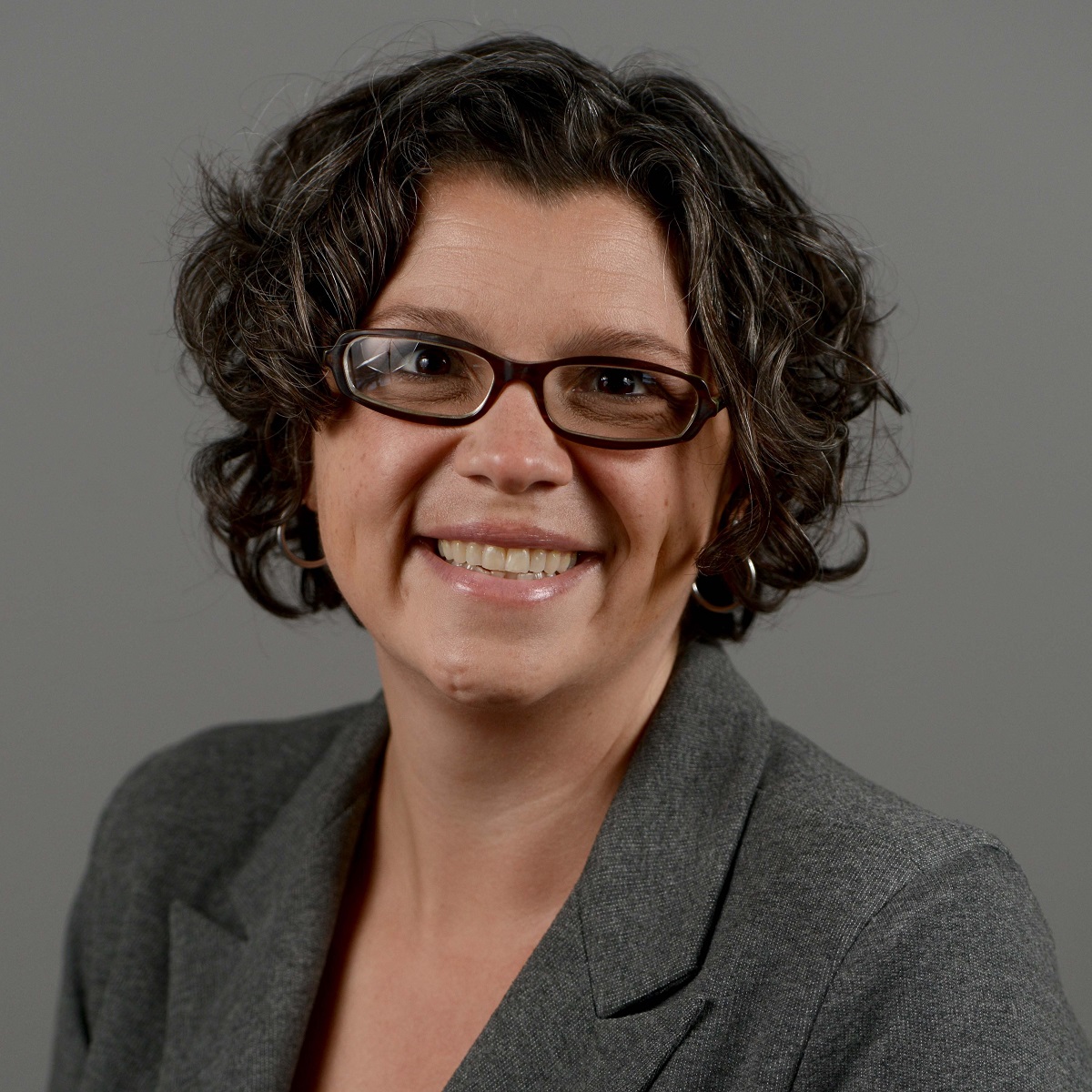Colorado College Professor of English Genevieve Love has published her first book, "Early Modern Theatre and the Figure of Disability." Through an examination of a range of plays, including Marlowe's "Doctor Faustus" and Shakespeare's "Richard III," Love's book looks at the role of physically disabled characters in early modern English plays.
"I've been interested for a long time in the question of how the plays of Shakespeare and his contemporaries imagine the power and the challenges of the theatrical medium," says Love, who is the Judson Bemis Professor in the Humanities and associate chair of CC's English Department.
Asking what work physically disabled characters do for the early modern theatre, her book shows that early modern theatrical representation relied on representations of prosthetic physical disability to navigate the "likeness problems" of theatre.
"Over the past 10 years, I began to realize that one way this issue is explored in a range of plays is through the figure of the prosthetic disabled character. My sabbatical in 2015-16 allowed me to draw together my previous work into a proposal for a book project, and to write significant portions of the manuscript," she says.
The figure of disability stands for the relationship between actor and character: prosthetic disabled characters with names such as "Cripple" and "Stump" capture the simultaneous presence of the fictional and the material, embodied world of the theatre. When the figure of the disabled body exits the stage, it also resolves a second problem of likeness, between plays in their performed and textual forms. While supposedly imperfect textual versions of plays have been characterized as "lame," the dynamic movement of prosthetic disabled characters in the theatre expands the figural role which disability performs in the relationship between plays on the stage and on the page.
"Early Modern Theatre and the Figure of Disability" thus reveals how attention to physical disability enriches our understanding of early modern ideas about how theatre works, while also illuminating how theatre offers a reframing of disability as metaphor.
Love, who joined the Colorado College faculty in 2002, teaches courses on Shakespeare and his contemporaries, as well as Introduction to Poetry and LGBTQ literature. Her work has appeared in journals such as Renaissance Drama, Upstart, Shakespeare Bulletin, and Literature Compass, and in the essay collections "Richard II: New Critical Essays" and "Christopher Marlowe, Repertorial Commerce, and the Book Trade."
"Early Modern Theatre and the Figure of Disability" was published in mid-October by The Arden Shakespeare.




